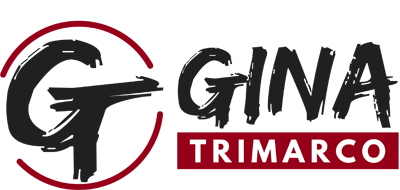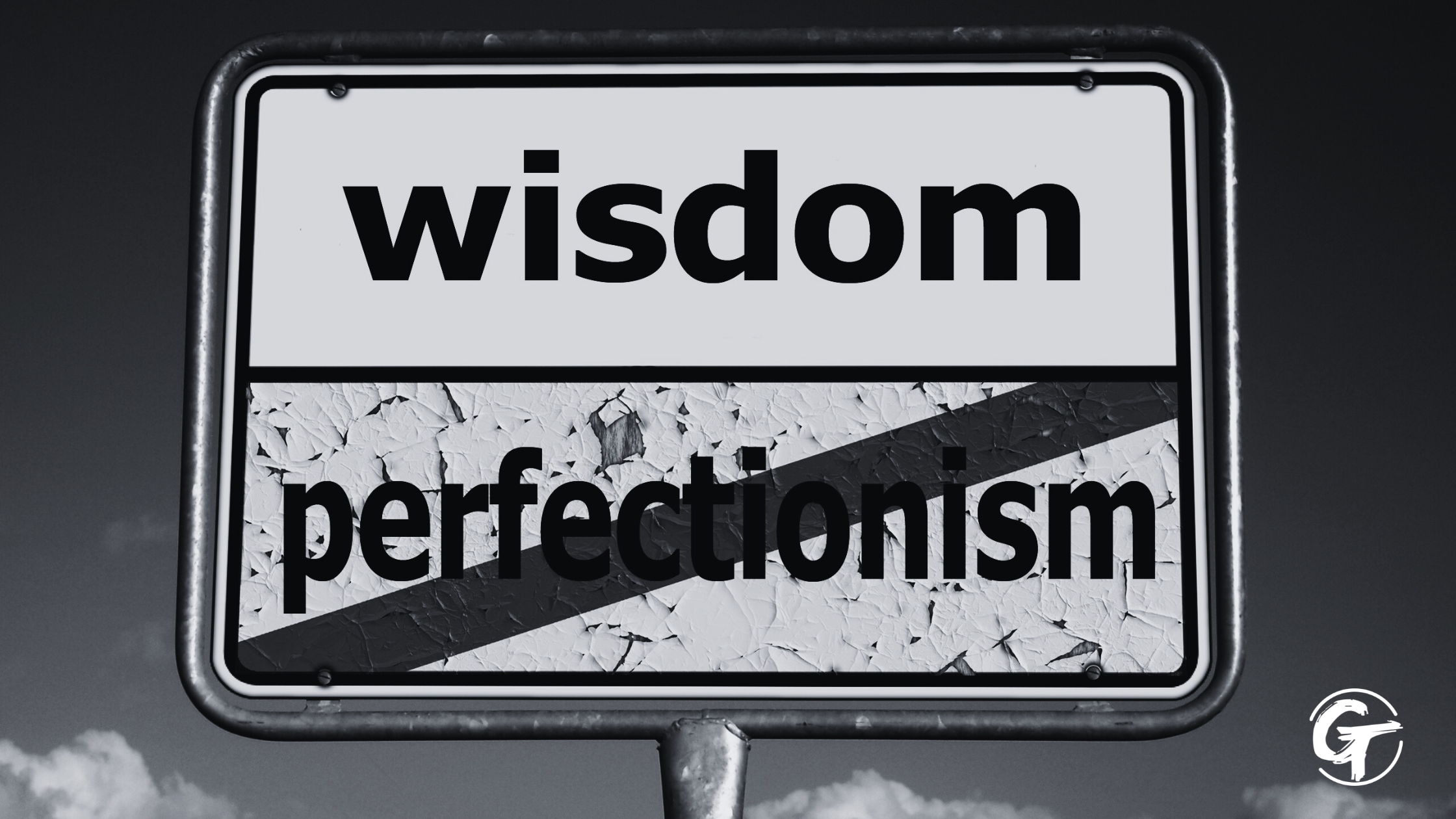UPDATED on October 8, 2018
By Gina Trimarco, Chief Results Officer
What do you think of when you hear the words “team building”? What does it mean to YOU?
I’ll tell you what I think …
Oh no, another potential client who THINKS they need team building. Potential clients often find us through a google search for “team building”, sandwiched in between ropes courses, break out rooms, scavenger hunts and comedic hypnotherapists. I want to scream and say “Are you really comparing us to hypnotherapists?” I got so aggravated with past inquiries for our team building pricing that I removed the words “team building” from our website.
I fell into this attitude of “please do not put us in a category with THOSE people” because what we do as a training and consulting company is so different. We focus on long term sustainable results and return on investment. We take a serious interest in the success of our clients and their teams. We want to build teams to have solid skills to keep building. There’s a significant price tag that comes with our deliverables … because we provide significant value.
Here’s what I’ve learned:
Most companies that say “We need team building” are really saying “We have some internal problems and are not quite sure what they are, so if we force everyone to have some fun for a few hours maybe our problems will go away and we can get back to work.”
Wrong! That’s about as plausible as doing those hypnotherapy-magician thingys where they snap their fingers and all of your colleagues cluck like chickens while scratching for worms.
When prospective clients say “We need team building” I now hear “We’re in pain and our culture needs to be fixed.” I finally recognize that this “team building” phrase is a cry for help and I LOVE getting these calls now that I’ve re-positioned the phrase in my mind.
You cannot do team building if the members of your team don’t have any self-actualization to understand their affect and potentially negative contributions to the team.
Let’s be honest – no one wants to participate in a “team building” with that jerk John from accounting; most will pretend to get along with him until they’re literally at the end of their ropes course … and then they’ll rush off to happy hour and avoid talking to him.
This is why we, as a company, focus so much on culture curation for our clients. Often times team building events merely put a band-aide on bigger problems. Spending time working on relationship building skills through training is far more effective, such as communications and empathy. Even more important is empowering your team to function together based on the company’s core values … AND making sure all team members are aligned with those values.
Many years ago a financial company approached us for a “team building” proposal and we eagerly submitted one (which was half of what we charge today), the main partner was in utter shock and said,
“We’ve decided to take our employees out for drinks instead.”
Sigh. They just didn’t get it and we were happy to also not get it (the contract, that is).
UPDATE: It’s because of this sales objection (happy hour is cheaper) that we’ve created Happiness Hour Team Building Sessions!
If you’re ready to get a real clue (outside of those in a scavenger hunt) for how to remedy your company’s culture pain, reach out to me at gina@pivot10results.com.
P.S. We put the words “team building” back on our website since so many of our clients initially think that’s what they need. And if you really want to start your meeting with a “trust fall”, well ok, just don’t put big Jim first.
If you want to maximize, you need to improvise!
-Gina
ABOUT THE POST AUTHOR
Gina Trimarco, Chief Results Officer, knows how to pivot to profits from problems and find joy through the process. Her philosophy is that performance pays and people need to be trained to perform on the stage of business to achieve results.
pivot to profits from problems and find joy through the process. Her philosophy is that performance pays and people need to be trained to perform on the stage of business to achieve results.
Gina successfully pivoted her coaching firm, Gina & Company, into the new Pivot10 Results, a training and development company that helps business teams to quickly adapt their communications and engagement skills in leadership, customer and sales to achieve results by providing them experiential learning tools and strategies.




